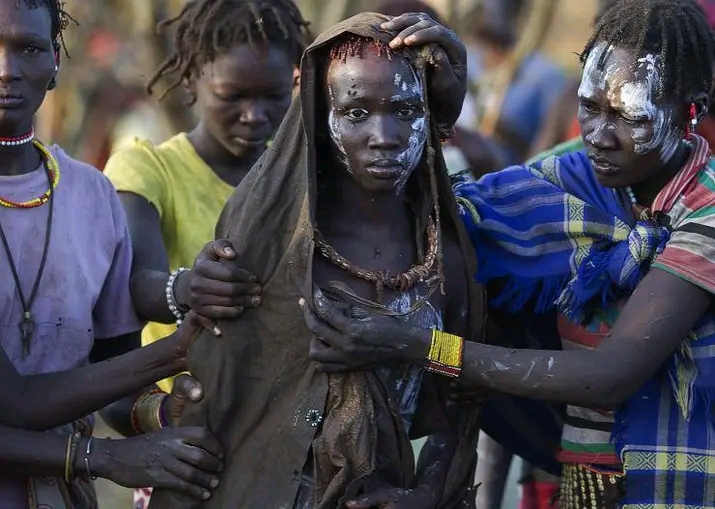By Vesla Centurion Kals
A recent study conducted by UK universities has shed light on the dire impact of Female Genital Mutilation (FGM) in countries where it is practiced. This harmful practice, still legal in five out of the 28 most affected nations, has emerged as a significant contributor to mortality rates.
The research reveals that FGM is responsible for more deaths in these countries than several major causes, including enteric infections, respiratory infections, and malaria.
The comprehensive study examined FGM’s prevalence across countries such as Benin, Burkina Faso, Cameroon, Chad, Cote D’Ivoire, Egypt, Ethiopia, Guinea, Kenya, Mali, Niger, Nigeria, Senegal, Sierra Leone, and Tanzania. Shockingly, the findings indicate that FGM amplifies the risk of death among young girls and women by an alarming 50%, resulting in an estimated 44,320 excess deaths annually.
Globally, the staggering toll of over 200 million women and girls subjected to FGM is a haunting reality.
This deeply concerning practice often occurs in unsanitary conditions, devoid of clinical supervision, leading to excruciating pain, severe bleeding, and infections. Moreover, FGM’s repercussions extend far beyond physical harm, causing obstetric complications, diminished sexual function, and enduring mental and physical health issues.
The World Health Organization (WHO) highlights the substantial economic burden of medical care for girls and women affected by FGM, estimating a cost of U.S.$1.4 billion in 2018.
Notably, this study represents a significant step forward, providing crucial evidence about FGM’s role in the global child mortality landscap; but, the challenge of accurately measuring this practice underscores the complexities surrounding the issue.


